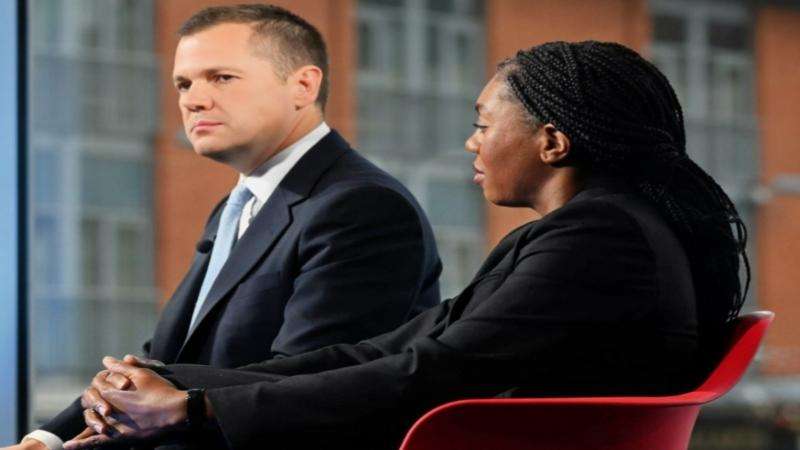The deeply rooted, diverse community of Tower Hamlets—home to the UK’s largest British Bangladeshi population—is taking a forceful public stand this week, urging its local authority to officially condemn the anti-migrant "Operation Raise the Colours" as a far-right campaign. This move is a critical act of community defence against the persistent targeting and infiltration by extremist groups who repeatedly attempt to sow division and stoke Islamophobia in the East End, Daily Dazzling Dawn realized.
The debate, which has galvanised local residents and is being pushed by councillors Mufeedah Bustin and Abdi Mohamed, focuses on the exploitation of safety concerns to camouflage a far-right agenda. The motion highlights how groups, including the so-called 'Pink Ladies' who are protesting migrant hotels like the Britannia in Canary Wharf, are allowing their genuine worries to become "entwined with far-right narratives under the banner of keeping women and children safe."
The Pink Ladies have announced a counter-protest outside the Whitechapel council offices, arguing they are "always right, not Far Right." However, the community’s representatives are firm, stating this is a deliberate strategy to cloak hatred. The motion explicitly names the presence of known extremists from groups such as White Vanguard, the Homeland Party, the 'Spartans', the English Defence League (EDL), and figures linked to Tommy Robinson, who have been active outside the Britannia Hotel.
A Community Under Fire: Historical and Modern Extremism
For the Bangladeshi and Muslim residents of Tower Hamlets, this campaign is tragically familiar. The borough has always been a battleground against fascism, where the community has repeatedly had to defend its streets and its identity:
The Murder of Altab Ali (1978): The brutal racist murder of Altab Ali, a young Bengali textile worker, near Brick Lane was a pivotal moment. It mobilised thousands of locals to march 7,000 strong behind his coffin to Downing Street, unifying the community and allies against the growing threat of the National Front (NF). The park where he was killed was renamed in his honour, serving as a permanent symbol of resistance.
The Battle of Brick Lane: During the 1970s, the NF constantly targeted Brick Lane, the centre of the Bengali community. Local Bangladeshi youth movements and anti-fascist allies met this aggression with self-defence, cementing a tradition of community solidarity that continues today.
EDL Marches and Islamophobia: More recently, the EDL has attempted to stage provocative marches designed to intimidate the area's visible Muslim population, showing that the extremist targeting of the East End never truly ceased, but merely changed its branding from "Paki-bashing" to modern Islamophobia.
The councillors’ motion firmly links this current wave of anti-migrant sentiment to a broader 15-year increase in far-right rhetoric, specifically citing Brexit as an example of narratives that demonise migrants. This community's long experience with racism informs their deep understanding that a threat against one minority group is a threat against all.
The Political Battle for Community Support
The political backdrop of the next Mayoral election in 2026 adds weight to this debate. Both the incumbent, Mayor Lutfur Rahman of the Aspire party, and the recently selected Labour candidate, Councillor Sirajul Islam, are British Bangladeshi figures who rely heavily on securing the support of the borough’s vast Muslim and Bangladeshi electorate.
Mayor Rahman, who was re-elected in 2022, has based his administration on tackling poverty and supporting diverse communities. His party’s pledges include working with the borough's Inter Faith Forum and creating resources for the Bangladeshi women’s community, clearly targeting the core electorate. Similarly, Labour candidate Sirajul Islam, the current Leader of the Opposition, has stressed his deep roots in the community and commitment to social justice. Both candidates are acutely aware that taking a strong, unequivocal stand against the far-right and defending the principles of diversity is crucial to winning the mandate of the residents who have historically suffered at the hands of extremism.
The people of Tower Hamlets are making it clear that defending their home against racist infiltration is not a niche political point, but a fundamental necessity, demanding that their elected officials—regardless of party—reject any attempt to normalise far-right hostility under the guise of 'local concern.'
_8.jpg)
_5.jpg)
_8.jpg)




.svg)
